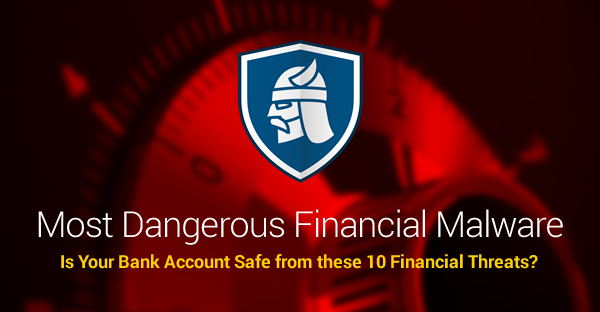We can't deny that restaurants now play an important part in our
lives. Today's world is always busy and most people want everything to be made
as fast as possible, be it a business transaction or searching the recent album
release of your favorite artist. Looking or preparing some food is not an
exception, that's why we have a lot of restaurants available these days.
Its changes came from little to big changes happened in each
sector of the society - from family traditions, industrialization, and change in
the whole economic system.
It's amazing how people in the past do everything at their own
homes. You will see a lot of plants surrounding their houses and they even
raise animals for meat. They are also used to build their own houses,
especially those who live in the wilderness.
People continue to improve their lifestyle, thus the birth of
towns and cities occurred. Formal education has been introduced along with the
removal of the barter-trade system. People learned how to focus on various
skills or enterprises to make a living. They also entrust the cooking of their
food to an individual or an enterprise that makes good money in doing so.
With restaurants, you can surely save more time and enjoy
different cuisines at one place. The success of this business is evident in our
current society. A lot of people tend to spend their breakfast, lunch or dinner
at restaurants because of their busy schedules since they don't have enough
time to cook for themselves.
However, with the massive growth of restaurants, come the fast
foods chains which offer foods that are not really healthy to the body if
consumed on a regular basis due to the fact that these foods are often high in
calories yet offer little or no nutritional value. Because of this, many
restaurants now offer fresh alternatives in healthy diets.
If you're a restaurant owner and you need help about the
accounting or financing of your business, don't hesitate to contact Bacall Conniff and Associates.
Restaurants around the world will surely continue to provide delicious foods to
everyone.
